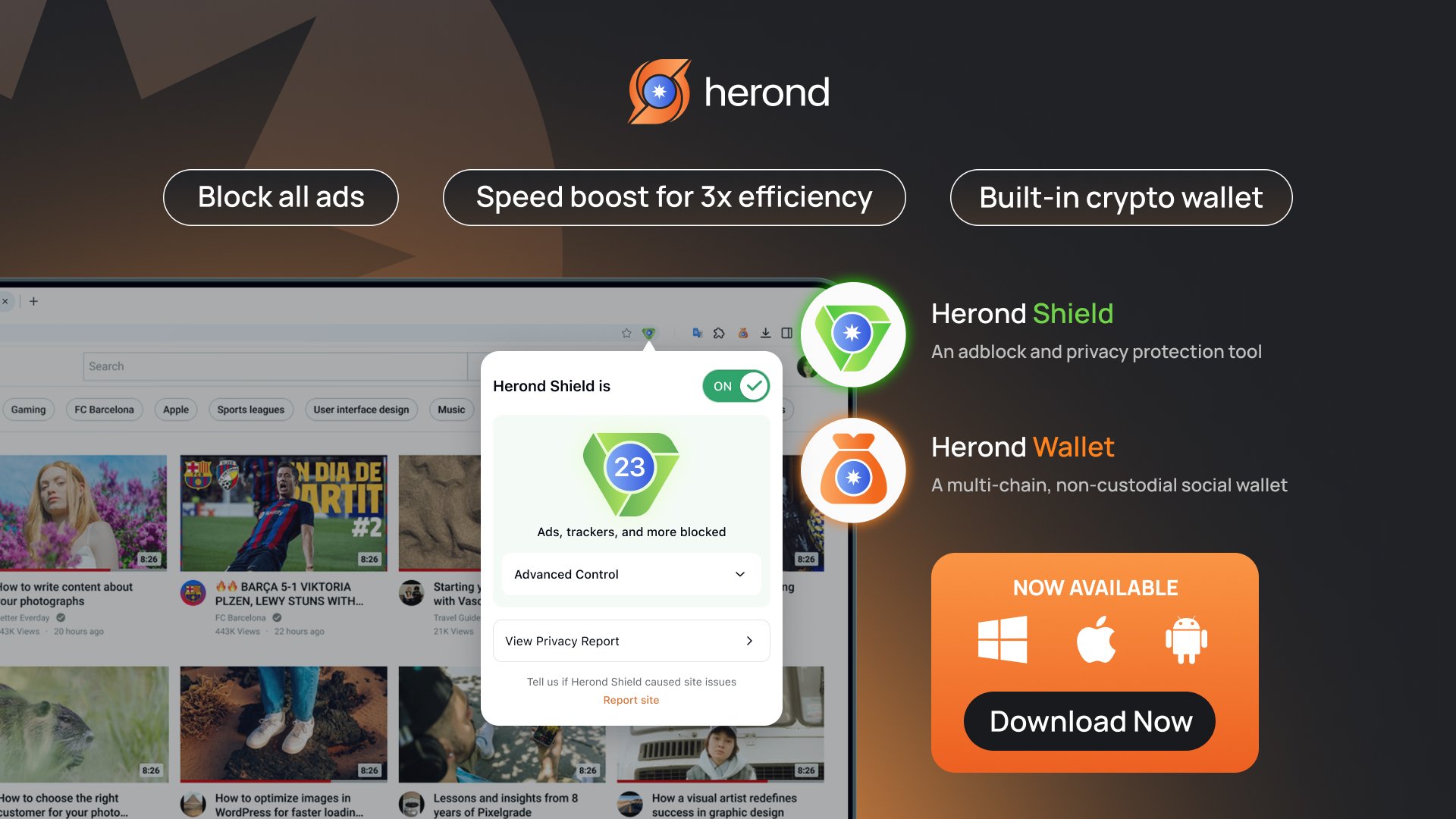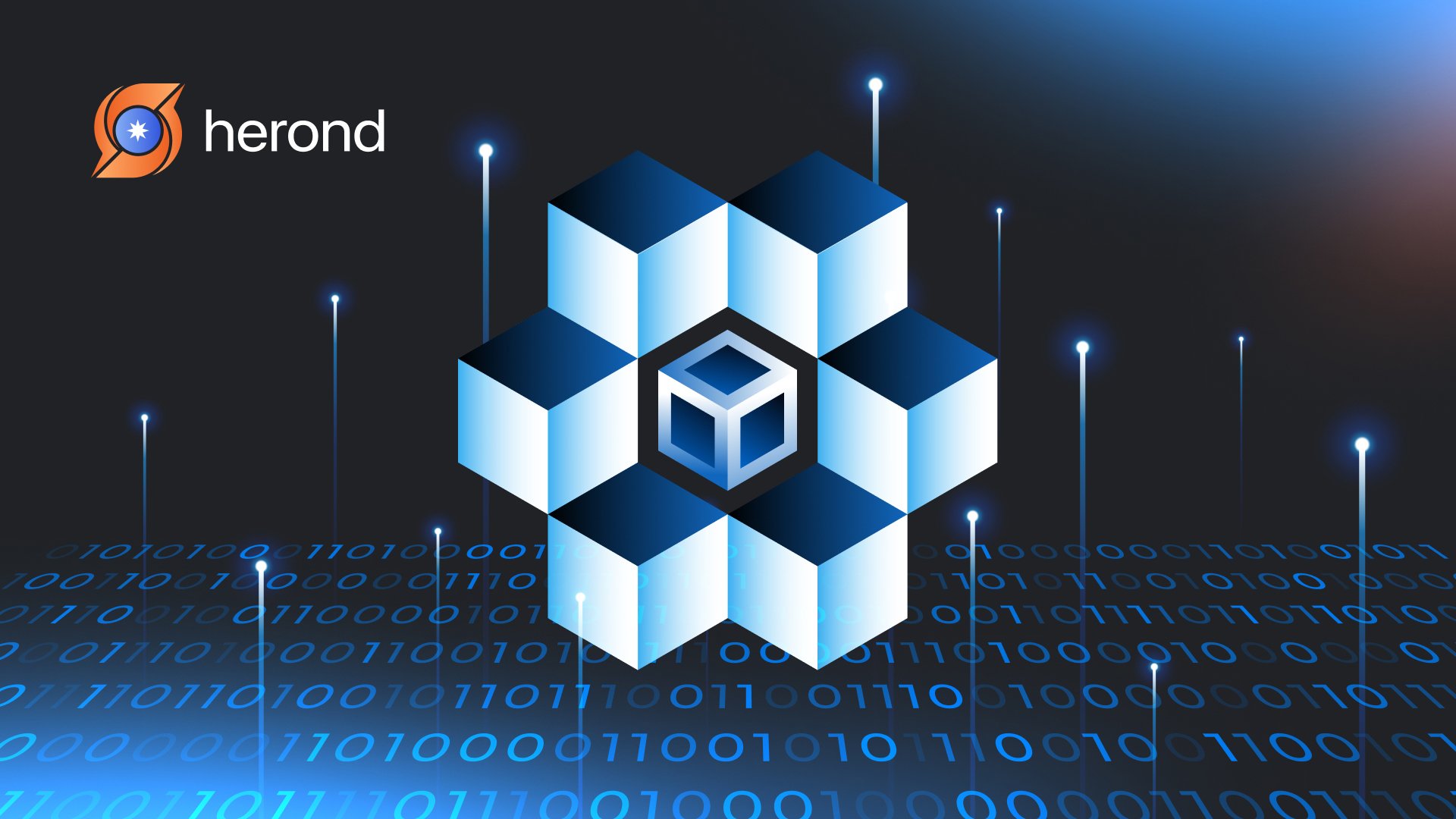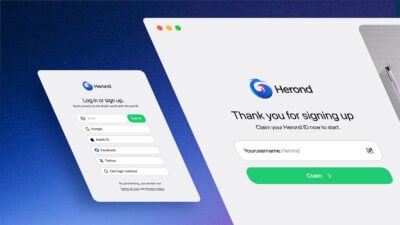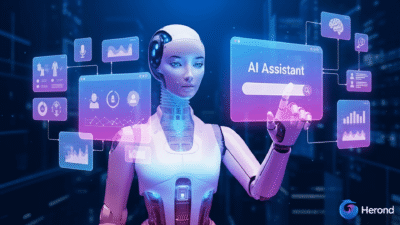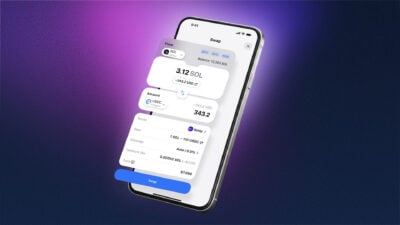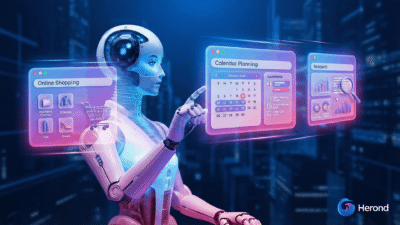Blockchain has become one of the most groundbreaking technologies in today’s digital world. Although it has been around for some time, many people still don’t fully understand what blockchain is and how it is transforming the world. This article will help you gain a better understanding of blockchain, its current applications, and its future potential.
Learn more: A Beginner’s Guide to Yield Farming in DeFi
What is Blockchain?
Blockchain, often referred to as a distributed ledger or chain of blocks, is a system of storing data where information is saved in blocks and linked together in a continuous chain. Each block holds a set of transactions or data, and it is securely encrypted using complex cryptographic algorithms.
What makes blockchain particularly unique is its decentralization. Instead of being stored on a central server, data is distributed and stored across multiple “nodes” in the network. This decentralized approach enhances security and reduces the risk of data breaches or loss.
Once data is recorded on a blockchain, it cannot be altered or modified without the consensus of the entire network. This is one of the key factors that makes blockchain a secure and transparent technology.
💡 Interesting Fact
Blockchain was first introduced in 2008 by an anonymous figure (or group) known as Satoshi Nakamoto, who used it to power Bitcoin—the world’s first decentralized cryptocurrency. This concept has since evolved and is now being applied across a range of industries beyond cryptocurrency.

How Does Blockchain Work?
Blockchain operates on a distributed network, where transactions are validated through consensus mechanisms between nodes. Each time a new block is created, it is added to the chain, and all nodes in the network simultaneously verify and update the information.
The two most common consensus mechanisms in blockchain are Proof of Work (PoW) and Proof of Stake (PoS). In PoW, nodes compete to solve complex puzzles to validate transactions and earn rewards. In PoS, nodes are selected based on the amount of cryptocurrency they hold.
Blockchain transactions are protected by cryptography, ensuring that data cannot be altered or forged. Once information is recorded on the blockchain, changing it is nearly impossible.

Real-World Applications of Blockchain
Many people associate blockchain only with cryptocurrencies, but in reality, this technology is being applied widely across various fields due to its security, transparency, and immutability.
Cryptocurrencies and Decentralized Finance (DeFi)
The first and most popular application of blockchain is cryptocurrency. Digital currencies like Bitcoin and Ethereum use blockchain to create a decentralized monetary system that does not rely on central banks. Cryptocurrency transactions are fast, secure, and free from intermediary fees.
Decentralized Finance (DeFi) is an emerging sector that offers financial services such as lending, borrowing, saving, and trading without the need for traditional intermediaries like banks.
Healthcare Records Management
Blockchain can improve the storage and sharing of healthcare records, ensuring patient information is secure and cannot be altered. With blockchain, patients have control over their health data and can share it safely with healthcare providers.
Supply Chain Management and Traceability
Blockchain is revolutionizing supply chain management by providing transparency and traceability for products. Companies like Walmart and IBM have already implemented blockchain to track products from the supplier to the consumer, helping reduce counterfeits and build customer trust.
Smart Contracts
Smart contracts are self-executing agreements that automatically enforce the terms when conditions are met. Blockchain enables the creation of these contracts without the need for third parties, such as property ownership transfers or automatic payments to artists when their work is used.
Learn more: Utilize Smart Contracts for Effective NFT Transactions

Voting and Ownership Verification
Another fascinating application of blockchain is in online voting. Blockchain can ensure that votes cannot be altered and that the election process becomes more transparent. Countries like Estonia and Switzerland have already experimented with blockchain in their elections.
Additionally, NFTs (Non-Fungible Tokens) are a notable application in the realm of digital art and ownership. NFTs allow for the authentication of ownership for digital assets like art, music, and in-game items.
The Future of Blockchain
Blockchain has already begun transforming multiple industries, and its potential is immense. Experts predict that in the future, blockchain will integrate with Artificial Intelligence (AI) to create a digital revolution, reshaping how we transact and improving various fields like security, education, and data management.
Integration with AI for a Digital Revolution
Experts believe that blockchain’s integration with AI will lead to a new era in technology. Gartner forecasts that by 2025, 50% of all business processes will be conducted on blockchain platforms, offering greater transparency and efficiency. Additionally, the combination of blockchain and AI will ensure data integrity, security, and trust, which are critical for future advancements in machine learning and automation.
Blockchain’s Impact on Multiple Industries
As blockchain technology continues to evolve, its applications will expand across various sectors:
- Supply Chains: Blockchain is expected to streamline supply chains by improving traceability and transparency, which is forecasted to unlock over $3 trillion in value by 2030, according to PwC.
- Finance: Blockchain will continue to disrupt the finance industry, reducing costs and enhancing security in transactions and financial services.
- Healthcare: Accenture predicts blockchain’s potential to secure patient data and improve care by reducing administrative costs and enhancing data accessibility and sharing.
Blockchain as the Foundation for the Future Internet
Industry leaders like Vitalik Buterin, co-founder of Ethereum, envision blockchain as the foundational technology for future internet infrastructure. They predict that decentralized applications (dApps) and smart contracts will become the backbone of online activities, ensuring a more secure, private, and user-controlled internet.
A Secure and Transparent Future
Blockchain’s decentralized nature ensures enhanced security and transparency, which will become essential for various industries as digital transactions grow. Experts anticipate blockchain will continue to gain momentum as a critical technology for securing data, enhancing operational efficiency, and providing innovative business models across industries.

Conclusion
Blockchain is a technology that holds significant promise for various industries. With its ability to offer a secure, transparent, and decentralized system, blockchain is changing the way we conduct transactions and store data. In the future, blockchain will not be limited to cryptocurrencies but will expand its impact across many other sectors. The future is bright for blockchain technology, and its potential continues to unfold.
Learn more: The Rise of Ethereum DAOs: Exploring the Future of Decentralization
About Herond Browser
Herond Browser is a cutting-edge Web 3.0 browser designed to prioritize user privacy and security. By blocking intrusive ads, harmful trackers, and profiling cookies, Herond creates a safer and faster browsing experience while minimizing data consumption.
To enhance user control over their digital presence, Herond offers two essential tools:
- Herond Shield: A robust adblocker and privacy protection suite.
- Herond Wallet: A secure, multi-chain, non-custodial social wallet.
As a pioneering Web 2.5 solution, Herond is paving the way for mass Web 3.0 adoption by providing a seamless transition for users while upholding the core principles of decentralization and user ownership.
Have any questions or suggestions? Contact us:
- On Telegram https://t.me/herond_browser
- DM our official X @HerondBrowser
- Technical support topic on https://community.herond.org
